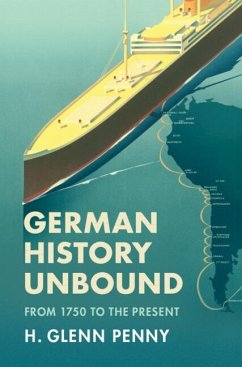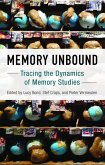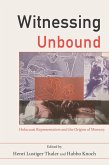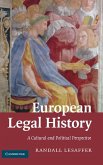What is German history? Where did it take place? And what role did Germans living outside of Central Europe play in it? This polycentric history offers a new vision: It uses communities of Germans, from Austria to Chile to Russia, to rethink our narratives of modern German history. Focusing on the great plurality of Germans, and their interconnections around the world, it pointedly de-centers the nation-state while arguing that resisting its dominance in our historical narratives has high intellectual and political stakes. For within an unbound German history there are characteristics, clues, models, and precedents that can do much to undermine the return of violent, exclusionary nationalism. To that end, this book calls for a greater integration of mobilities, migration flows, different ways of belonging, and transcultural places into our narratives of Germans' histories. Ultimately, it reveals how embracing a range of narratives can help us to better understand people's actions, intentions, and motivations in particular historical moments.
Dieser Download kann aus rechtlichen Gründen nur mit Rechnungsadresse in A, B, BG, CY, CZ, D, DK, EW, E, FIN, F, GR, HR, H, IRL, I, LT, L, LR, M, NL, PL, P, R, S, SLO, SK ausgeliefert werden.









